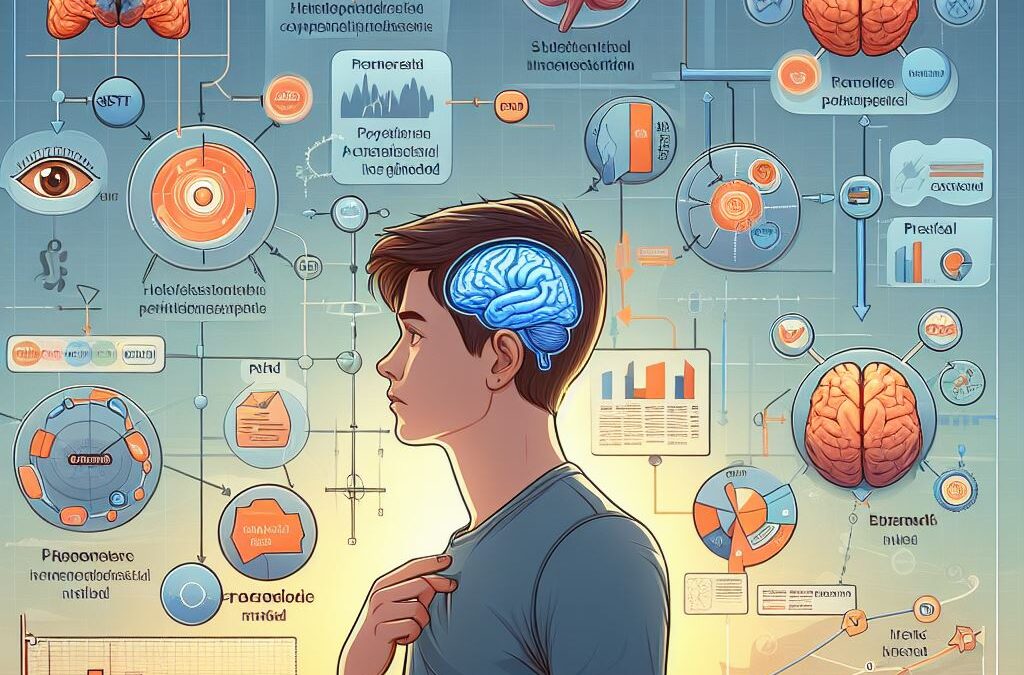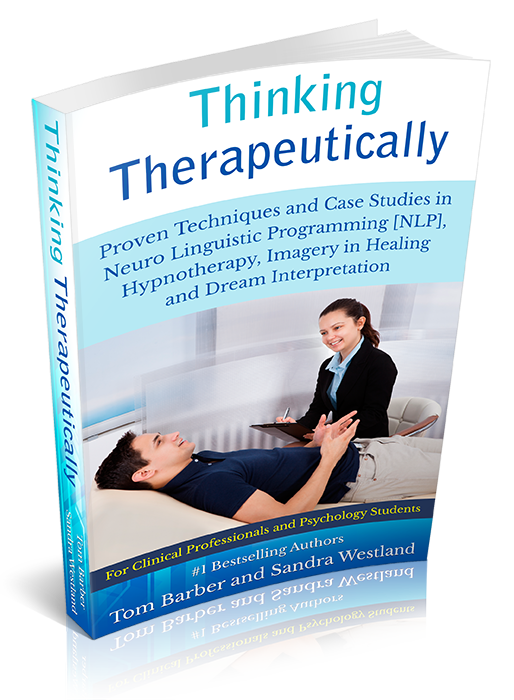The Overlapping Realms Between ADHD and Complex PTSD
In the intricate tapestry of mental health, conditions like Complex Post-Traumatic Stress Disorder (C-PTSD) and Attention-Deficit/Hyperactivity Disorder (ADHD) stand as distinct threads, weaving their unique challenges. However, upon closer examination, one might be surprised to discover the subtle similarities that exist between these two conditions.
In this blog, we embark on a journey to unravel the commonalities between Complex PTSD and ADHD, shedding light on the shared aspects that can sometimes complicate diagnosis and treatment.
Understanding Complex PTSD
Complex PTSD, a variant of PTSD, typically stems from prolonged exposure to traumatic events. These are often of an interpersonal nature, such as ongoing abuse, neglect, or living in chronically stressful environments.
Individuals with C-PTSD often exhibit a range of symptoms beyond those associated with traditional PTSD. Included in these may be emotional dysregulation, distorted self-perception, and difficulties in forming and maintaining healthy relationships.
Spotlight on ADHD
On the other side of the mental health spectrum lies ADHD, a neurodevelopmental disorder characterized by persistent patterns of inattention, hyperactivity, and impulsivity.
ADHD is often identified in childhood, but its impact can extend into adulthood, influencing various aspects of life, including work, relationships, and self-esteem.
Overlapping Symptoms
Upon closer inspection, certain symptoms of C-PTSD and ADHD appear to converge, creating a challenge for accurate diagnosis and treatment.
Let’s explore some of these shared characteristics:
- Impulsivity: Both conditions can manifest impulsivity, albeit for different reasons. In ADHD, impulsivity is a core symptom, driven by neurological factors. In C-PTSD, impulsivity may arise as a coping mechanism to navigate unpredictable and threatening environments.
- Difficulty Concentrating: Individuals with C-PTSD may struggle with concentration due to persistent intrusive thoughts and hypervigilance, while ADHD is marked by an inherent difficulty in sustaining attention. The result is a shared challenge in maintaining focus.
- Emotional Dysregulation: Emotional turbulence is a common thread in both conditions. Those with C-PTSD may experience intense emotional reactions triggered by past traumas, while individuals with ADHD may struggle to regulate their emotions due to neurological differences.
- Executive Functioning: Executive functions, responsible for tasks like planning, organizing, and initiating activities, can be impaired in both C-PTSD and ADHD. This can lead to difficulties in daily functioning and completing tasks.
Navigating Diagnosis and Treatment
Given the overlap in symptoms, accurate diagnosis becomes crucial for effective treatment. Mental health professionals are trained to discern between the nuances of each condition. They consider the unique histories and experiences of individuals.
Treatment approaches may involve a combination of psychotherapy, such as CBT and EMDR, which has proven benefits for working with ADHD. In addition medication, and lifestyle adjustments tailored to the specific needs of the individual can help.
It is essential for those seeking help to communicate openly with their healthcare providers about their symptoms and experiences.
Seeking Help
In the realm of mental health, where each individual’s experience is unique, the similarities between Complex PTSD and ADHD highlight the complexity of diagnosis and treatment. By unraveling the threads that tie these conditions together, we foster a deeper understanding that can pave the way for more nuanced and personalized approaches to mental health care.
Through awareness and empathy, we can work towards a future where individuals facing these challenges find the support and resources they need to navigate their mental health journey.
If you are looking for help with ADHD in Colchester, or via our popular online video therapy, then get in touch with us here.
We look forward to hearing from you and offering you the same insights that have helped so many others.
Dr Tom Barber is an experienced integrative and existential psychotherapist and counsellor, who has been helping people overcome personal challenges for nearly 30 years. He is a bestselling author of 6 books, and spends his time between private clients, teaching and lecturing internationally, writing, and developing programmes to help people improve the quality of their life. Tom is a co-founder of Self Help School, a rich hub of resources and education for people looking for self-improvement. His academic speciality is in the subject of trauma and emotion.


